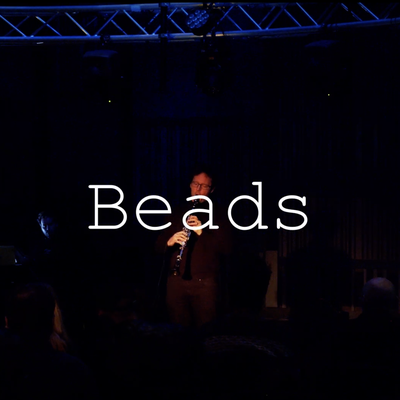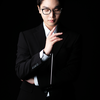Robert Ek has, as a clarinetist, specialised in contemporary music as a chamber musician and soloist. With great curiosity and dedication, he works together with composers to develop the repertoire for his instrument. He has recorded around 20 records and premiered a large number of works as soloist and chamber musician.
Since 2007 he is a member of the acclaimed ensemble Norrbotten NEO, the country's only ensemble with a national mission to work with contemporary music. Norrbotten NEO premieres a number of works by Swedish and international composers every year. In 2012, the ensemble received fst’s interpretation award for their work with contemporary music. Robert has performed and collaborated with musicians, composers and conductors from different parts of the world. He likes to work in the border country between arts and has worked closely not only with composers but also with writers, choreographers and filmmakers. Robert has toured Europe, North America, Asia and Australia and played at festivals such as Warsaw autumn, Huddersfield Contemporary Music Festival, June in Buffalo, Faithful (Berlin), ISCM world music days in Stockholm and Tallinn, Musica Viva (Lisbon), Beijing Contemporary Music Festival.
In recent years, his work on developing the repertoire has focused on
live electronics and developing the clarinet as an augmented instrument. Robert is also a PhD candidate at LTU since 2019. At the core of this doctoral project lies the iterative process where new electro-acoustic instrumental systems are designed and then used and tested in collaborative processes and in artistic practice. This oscillation is well described by Per Anders Nilsson (2011) as “design time” and “play time”. Where “design time deals with conception, representation, and articulation of ideas and knowledge outside time ... and play time deals with embodied knowledge, bodily activity, and interaction in real time” (Nilsson, 2011). Adding to this framework is the reflective process of observing and analysing how the systems behave and interact with the performer. Performing with these systems requires a close relationship and intimate understanding of the system and the relationship between body and technology. This embodied knowledge that artistic research strives for is a felt knowledge.

